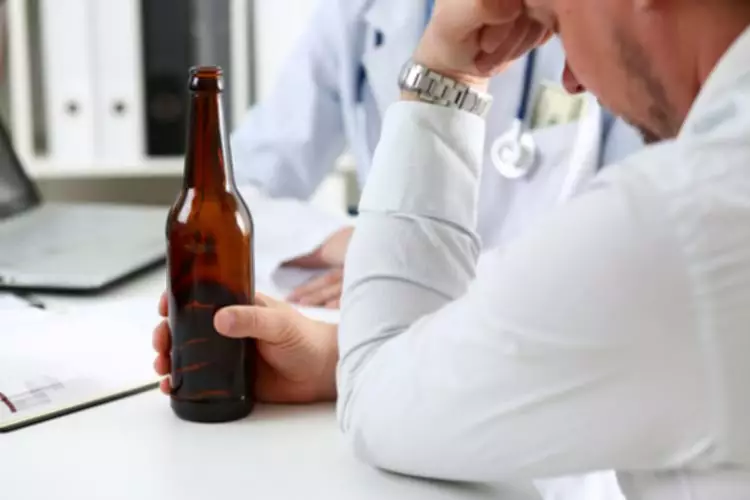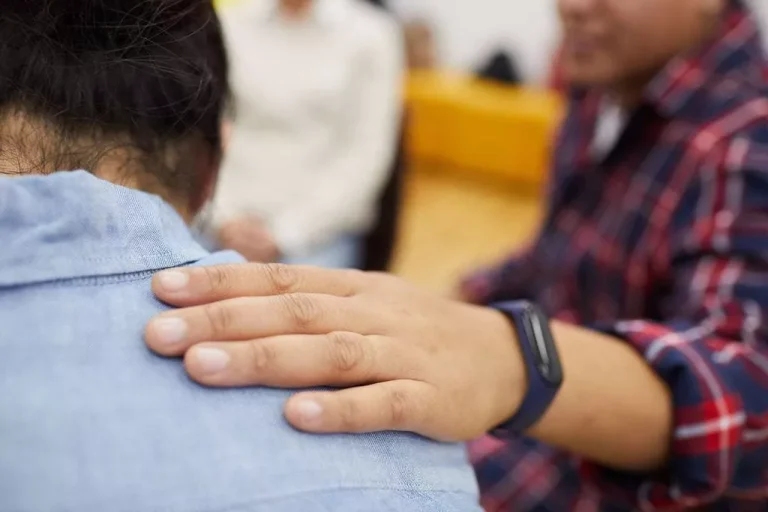
Tapering can be done by using alcohol itself or various medications; however, can only be done safely under the supervision of a physician. Whether you feel like you drink too much alcohol, or you have an alcohol abuse issue, quitting drinking cold turkey can be dangerous. Knowing how to safely taper off alcohol can make all the difference in how successful you are in quitting how to taper off alcohol drinking. If you are thinking about quitting drinking, talk to your healthcare provider. Medical supervision, behavioral health treatment, and mutual-aid groups can help you through alcohol withdrawal and stay stopped. The Recovery Village Atlanta offers comprehensive addiction treatment for drug and alcohol addictions and co-occurring mental health conditions.

Tapering vs Cold Turkey
If you are tapering off of alcohol, the time it takes depends entirely on how long the taper is and how well you adhere to it. One of the reasons that medical professionals tend to avoid tapers is that they can be difficult to follow and may be more likely to be unsuccessful than faster options. Substituting a prescription drug for alcohol should only happen with the help of a medical professional. No one should ever attempt a substitution taper with prescription medication unless their doctor specifically prescribed it for that purpose in a medical detox program. In some cases, medications may be administered to alleviate withdrawal symptoms and reduce cravings. These medications are prescribed and managed by healthcare providers.
- Addiction alters the chemical balance in a person’s brain, making it extremely difficult to quit drinking alcohol on one’s own.
- Our admissions specialists will help you find the facility and treatment program best suited to the recovery needs of you or your loved one.
- You may face social pressure, ingrained habits, and emotional reliance on alcohol.
- Gradually reducing the amount of alcohol you drink can help give your body the time it needs to adjust to the lack of alcohol.
Minimized Risk of Alcohol Withdrawal Symptoms
A full continuum of care treating addiction and mental health through an evidence-based approach, relapse prevention, and holistic healing with beach activities. An upscale home offering flexible mental health and addiction treatment programs, wholly catered to clients and their needs. Providing personalized and holistic care for addiction, trauma, and mental health, with expert staff and evidence-based therapies. A luxurious, secluded center treating mental health and substance and behavioral dependency issues with individualised treatment plans and world-class experts.
Tapering and Alcohol Withdrawal Symptoms
Many insurance companies will help pay for some or all of your treatment costs. Generally, light to moderate drinkers should plan to taper for a week or more. But the taper week is actually extremely crucial to any training plan and should not be ignored, skipped, or minimized. It allows your body to recover and re-energize, which will come into major play during that big race, competition, or endurance event. A taper is a period of reduced training VOLUME before a big race, hike, event, or competition. Instastly check if your insurance covers treatment at The Recovery Village.
From 24 to 72 Hours
Further, the severity of withdrawal symptoms can cause a person to resort back to drinking alcohol to relieve any symptoms. However, doing so without the guidance of a physician, can complicate tapering and ultimately delay when, if ever, sobriety is reached. Tapering off alcohol is the act of slowly reducing alcohol intake until a person becomes completely abstinent. Behavioral treatment programs are helpful for people who want to quit drinking.
Quitting cold turkey is the preferred method of withdrawal, but only if done under medical supervision, where symptoms can be treated as they occur. Alcohol addiction poses significant risks, and the optimal approach to mitigate these dangers involves abstaining from alcohol altogether. Gradually reducing your alcohol consumption, a process known as tapering, can help prevent severe withdrawal symptoms.
- We can leverage our resources and team to help you reduce and eventually end your alcohol use.
- If you experience severe withdrawal symptoms while tapering off alcohol, adjust your plan.

Smaller drinks with a higher percentage of alcohol are stronger than the same size drink containing a lower-proof liquor. Find an accountability partner or someone you can call to keep you on track when you want to drink. Build a network of people you can go to when you need help, join a support group or see a therapist. To create an effective taper, you must know how much you drink daily on average. It can be easy to underestimate how much you drink, and being as accurate as possible is important.



